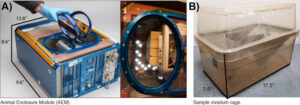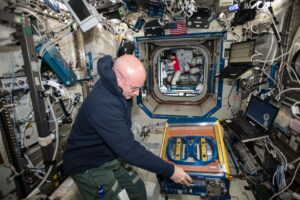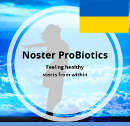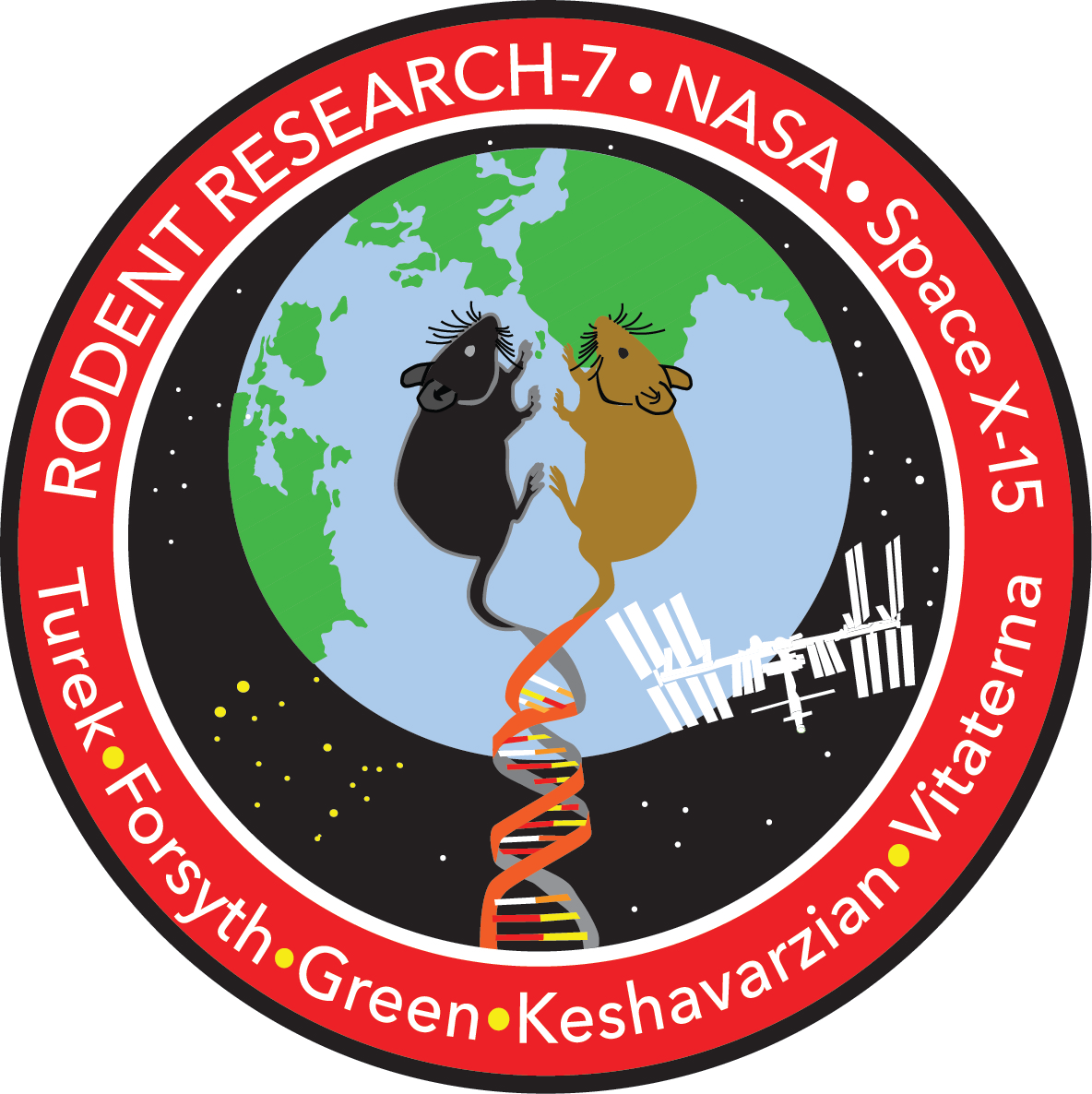If anyone had any doubts about the importance of our microbiome (probiotics) then this, Probiotics in Space, should put those doubts to rest.
This is something I have thought about for some time now. I wondered how the bacteria would survive in space, considering the need for sterility in the spaceship.
 These questions are being addressed by NASA.
These questions are being addressed by NASA.
In March 2015, astronaut Scott Kelly started a year-long stay in space. At the time it was the longest stay by a human. He was a human guinea pig, to see the long-term effects of no gravity, diet and other environmental effects on the body.
Dr Martha Vitaterna was the specialist studying the microbiota (fancy name for microbes).
“If you’re sending a person into space, you’re not just sending the person, you are also sending trillions of micro-organisms,” she said.
So NASA is worried about the effects long-term stays in space will have on the microbiome of an astronaut. Then we should also worry about it too.
The health of the micros is dependent on diet, stress and exercise to mention a few. 
The diet of the astronaut is very restricted, for obvious reasons.
Stress must be fairly high, being isolated, a long way from home, confined space etc.
Exercise is a must to prevent bone and muscle loss.
The recycled atmosphere and water must also play a role.
To further study these problems NASA started the Rodent Research-7 experiment using mice in the ISS. They are looking at how the changes in the microbiome affect sleep and circadian rhythms in the mice.
If NASA is worried about the probiotics then so should you.
Go to the shop and purchase your Noster ProBiotics to maintain a healthy microbiome

